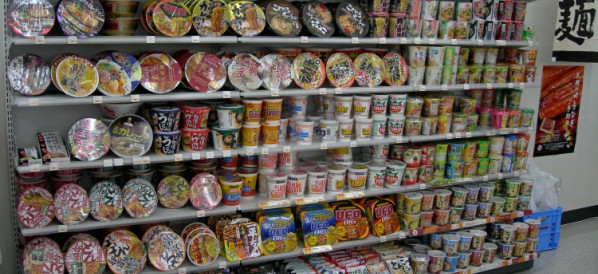 20 Terms
20 TermsHome > Terms > Macedonian (MK) > хиперинфлација
хиперинфлација
Very, very bad. Although people debate when, precisely, very rapid inflation turns into ¬hyper-inflation (a 100% or more increase in prices a year, perhaps?) nobody questions that it wreaks huge economic damage. After the first world war, German prices at one point were rising at a rate of 23,000% a year before the country’s economic system collapsed, creating a political opportunity grasped by the Nazis. In former Yugoslavia in 1993, prices rose by around 20% a day. Typically, hyper-inflation quickly leads to a complete loss of confidence in a country’s currency, and causes people to search for other forms of money that are a better store of value. These may include physical assets, gold and foreign currency. Hyper-inflation might be easier to live with if it was stable, as people could plan on the basis that prices would rise at a fast but predictable rate. However, there are no examples of stable hyper-inflation, precisely because it occurs only when there is a crisis of confidence across the economy, with all the behavioral unpredictability this implies.
- Part of Speech: noun
- Synonym(s):
- Blossary:
- Industry/Domain: Economy
- Category: Economics
- Company: The Economist
- Product:
- Acronym-Abbreviation:
Other Languages:
Member comments
Terms in the News
Featured Terms
инстант тестенини
Се сушат или precooked тестенини сплотена со нафта и често се продаваат со пакет на арома. Сушен тестенини обично се јаде по се готви или натопена во ...
Contributor
Featured blossaries
Browers Terms By Category
- Contracts(640)
- Home improvement(270)
- Mortgage(171)
- Residential(37)
- Corporate(35)
- Commercial(31)
Real estate(1184) Terms
- General architecture(562)
- Bridges(147)
- Castles(114)
- Landscape design(94)
- Architecture contemporaine(73)
- Skyscrapers(32)
Architecture(1050) Terms
- Printers(127)
- Fax machines(71)
- Copiers(48)
- Office supplies(22)
- Scanners(9)
- Projectors(3)





